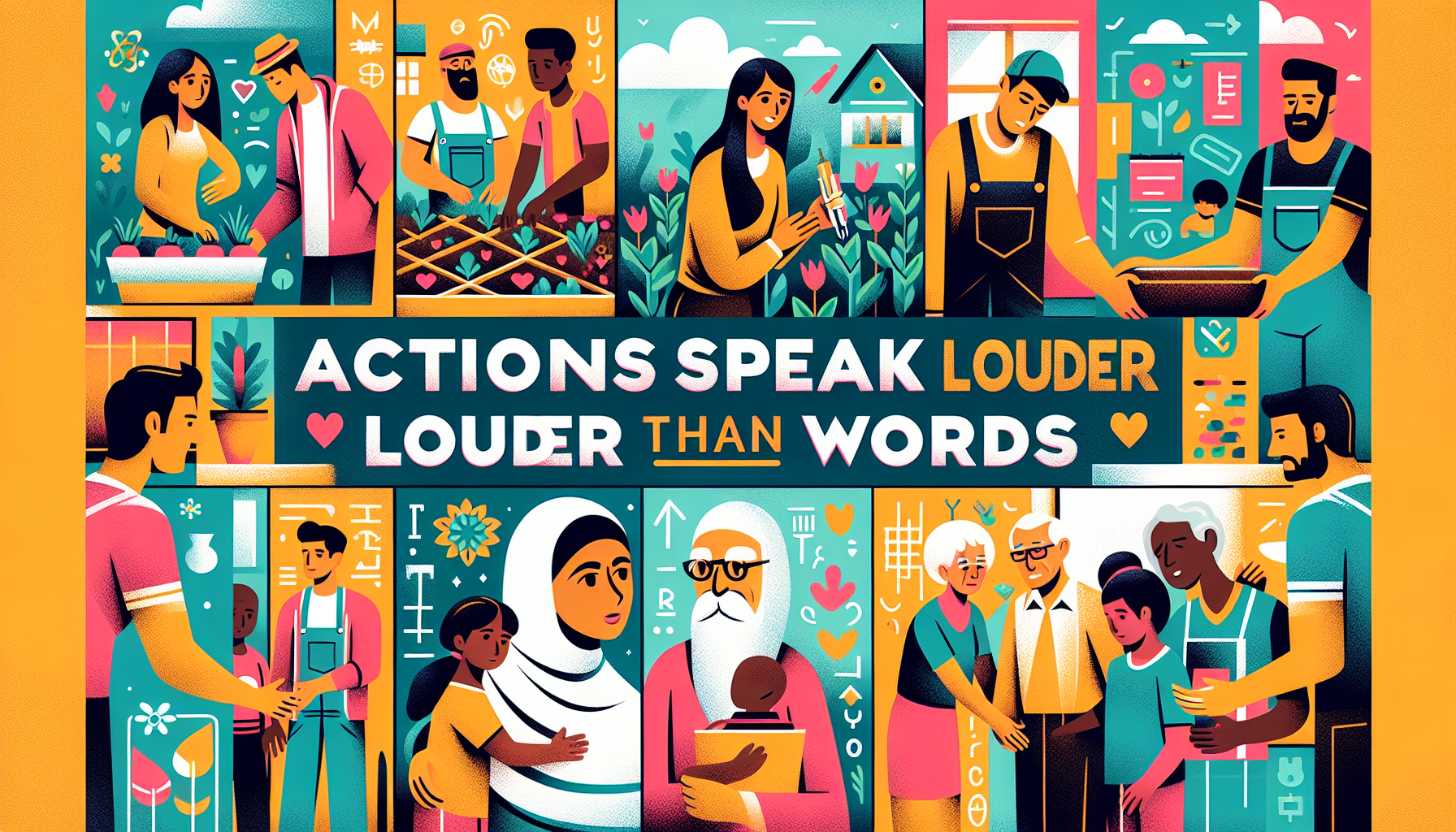The Psychology of Rhythm Games: Why Geometry Dash Keeps Us Hooked

At the core of Geometry Dash lies its rhythmic gameplay. Players navigate their character through a series of increasingly complex levels, synchronized with an energetic soundtrack. This connection between music and movement is a significant draw for players, as rhythm games have been shown to engage the brain's reward systems. The combination of auditory and visual stimuli creates a multisensory experience that heightens emotional responses. Research in psychology suggests that engaging with rhythm can lead to increased dopamine levels—often referred to as the "feel-good" neurotransmitter—which reinforces the desire to play. A study published in the journal Frontiers in Human Neuroscience found that rhythm-based tasks activate brain regions associated with reward and motivation. In Geometry Dash, when players successfully complete a level or hit a series of beats perfectly, they experience a rush of satisfaction, which in turn encourages them to tackle even more challenging levels. This rhythmic synchronization not only enhances the gameplay experience but also fosters a deeper connection to the game's music, making each success feel like a personal victory harmonized with the beats.
Pattern Recognition and Mastery
Another psychological aspect that contributes to the game's appeal is the element of pattern recognition. Players must learn to identify and memorize the intricate sequences of obstacles within each level. This process engages cognitive skills, as they analyze the layout and predict upcoming challenges. The brain thrives on patterns, and mastering these sequences provides a sense of achievement. Moreover, the game's design facilitates a learning curve that keeps players engaged. As players progress, levels become increasingly complex, requiring them to adapt and refine their skills. This gradual increase in difficulty aligns with the concept of the "zone of proximal development," where learners are challenged just enough to promote growth without feeling overwhelmed. For example, when players encounter a new obstacle, they often experience initial failure. However, with practice, they develop the muscle memory and reflexes necessary to overcome it. This journey from failure to success not only enhances their gaming skills but also boosts their confidence. Players often report feelings of euphoria and pride when they finally conquer a level that previously seemed insurmountable, reinforcing their commitment to the game.
The Thrill of Overcoming Challenges
The satisfaction that comes from overcoming challenges is a key psychological driver in Geometry Dash. Each level is designed to test the player's limits, and the sense of accomplishment that follows is immensely rewarding. This phenomenon is closely linked to the concept of "flow," a term coined by psychologist Mihaly Csikszentmihalyi. Flow occurs when an individual is fully immersed in an activity, experiencing a perfect balance between skill level and challenge. When players conquer a particularly difficult level, the sense of achievement can be profound. They may share their victories with the community or post their best times on social media, reinforcing their sense of identity as a skilled player. This social aspect further enhances the game’s addictive nature, as players are motivated not only by personal achievement but also by community recognition. The community aspect of Geometry Dash cannot be underestimated. Players frequently engage in forums, share custom levels, and participate in competitions, creating a vibrant ecosystem that fosters camaraderie and competition. This social validation fuels their desire to improve and succeed, making each achievement not just a personal milestone but also a moment to be celebrated within the larger player community.
The enduring popularity of Geometry Dash can be attributed to its intricate blend of rhythm, cognitive engagement, and the fulfillment derived from overcoming challenges. These psychological factors create a compelling gaming experience that keeps players returning for more. As the gaming industry continues to evolve, understanding the psychology behind such games can provide valuable insights for developers looking to craft engaging experiences that resonate with players on a deeper level. In a world where the demand for innovative and captivating games is ever-increasing, Geometry Dash serves as a prime example of how psychological principles can be harnessed to create a cultural phenomenon. The game's ability to stimulate our brains through rhythm, challenge our cognitive abilities, and offer a robust community experience ensures that it will continue to capture the hearts and minds of players for years to come.
Game Designer (Rhythm Games)
Indie game studios, major gaming companies like Harmonix and Ubisoft
Core Responsibilities
Design and develop engaging levels that incorporate rhythm-based mechanics and player feedback.
Collaborate with sound designers to create immersive audio experiences that enhance gameplay.
Conduct playtesting sessions to gather player feedback and refine game mechanics.
Required Skills
Strong understanding of rhythm and music theory as it relates to gameplay.
Proficiency in game design software (e.g., Unity, Unreal Engine).
Experience with level design and player psychology.
User Experience (UX) Researcher in Gaming
Game development studios, research firms focusing on interactive entertainment
Core Responsibilities
Conduct user testing to understand player interactions and emotional responses during gameplay.
Analyze player data to identify pain points and areas for improvement in game design.
Collaborate with designers and developers to implement user-centered design changes.
Required Skills
Strong background in psychology, particularly in cognitive and behavioral psychology.
Proficiency in UX research methods, including usability testing and surveys.
Familiarity with gaming trends and player demographics.
Community Manager for Online Games
Game developers, online gaming platforms, esports organizations
Core Responsibilities
Engage with players through social media, forums, and in-game events to foster a vibrant community.
Monitor player feedback and community sentiment to inform game updates and improvements.
Organize competitions, events, and collaborations to enhance community interaction.
Required Skills
Excellent communication and interpersonal skills to connect with diverse player groups.
Experience in community management tools and social media platforms.
Passion for gaming and a deep understanding of player motivations.
Gameplay Programmer (Focus on Rhythm Mechanics)
Game studios specializing in rhythm games, mobile game developers
Core Responsibilities
Develop and implement gameplay mechanics that synchronize player actions with audio cues and rhythm.
Optimize game performance to ensure smooth and responsive gameplay across platforms.
Collaborate with designers to fine-tune game physics and interactions.
Required Skills
Proficiency in programming languages such as C# or C++.
Experience with game engines that support rhythm-based gameplay.
Strong problem-solving skills and attention to detail.
Sound Designer for Video Games
Game development studios, audio production companies, independent game developers
Core Responsibilities
Create and implement soundscapes and music that enhance the emotional impact and engagement of gameplay.
Collaborate closely with game designers to ensure audio aligns with gameplay mechanics and player experience.
Test and iterate on sound effects based on player feedback and game testing.
Required Skills
Proficiency with audio editing software (e.g., Pro Tools, Logic Pro).
Strong understanding of sound design principles and audio production techniques.
Ability to compose original music that complements game themes and styles.


